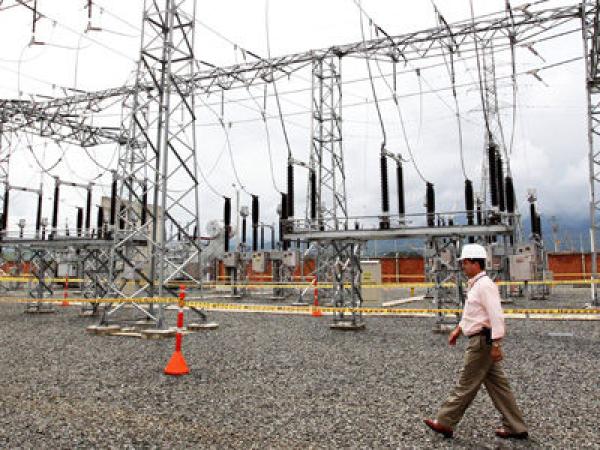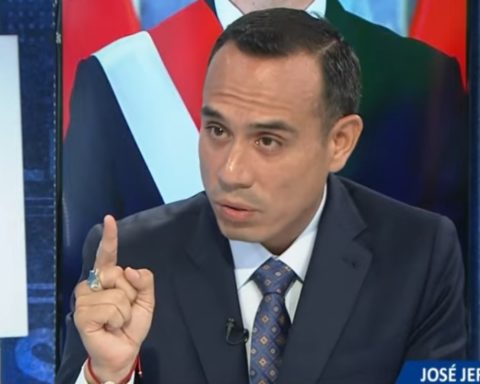
The deputy minister(s) of the Treasury, Alejandro Weber, commented that citizens can help control inflation “by publicly opposing more withdrawals from pension funds.” This under the context of the surprising and high Consumer Price Index (CPI) known this Tuesday, which marked a rise of 1.2 percent in January, double what was expected by the market, thus accumulating an increase of 7.7 points in the last 12 months.
The surrogate spoke with Cooperativeaffirming that there are “different tools to combat inflation, but the main one is in the Central Bank”, an entity that makes its decisions autonomously,” said Weber. Given this, “what it has done (the BC) successively is increase the monetary policy rate, which is at 5.5%”, which has repercussions on more expensive consumer and mortgage loans, which may mean that “borrowing to buy a home” has become more expensive.
The aforementioned medium consulted him about what natural persons can do to protect themselves from inflation, and beyond the decisions of the Executive and the issuing institute, Weber commented: “We cannot deprive people of continuing with their lives , but there is one thing they can do, which is publicly oppose further withdrawals from pension funds.”
According to the surrogate minister, citizens play a role in this debate, since “the political class listens to citizens and sees what is popular and what is not.” A fifth withdrawal of pension savings, “as some parliamentarians have insistently proposed, is bread for today and hunger for tomorrow,” he indicated.
Weber reiterated that Covid-19 is a factor that has caused prices to rise worldwide due to “cuts in the supply chain and problems in international freight.” As an example, the United States is approaching 7% inflation, Mexico 7.4%, Uruguay scored 8.2% and Brazil 10.1%: “This is a global phenomenon and Chile is no stranger.”
Despite this, our country finds itself in a different situation than other countries with pension fund withdrawals. “With this bad measure, they injected nearly 50 billion dollars into the economy and that had an effect on inflationary pressure.” we see today,” explained the minister.
Regarding the duration of the effects of withdrawals on inflation, Weber assured that “it is important that people know that October, November and January are the months that have the highest CPI due to seasonal variables”, such as ticket purchases air and bus, for example. Already in the second semester the indices are going to mutate “up to the goal of the Central, around 3 percent”.
“Inflation is going to go down for sure during the second half of this year, as long as conditions remain the same,” Weber remarked.
Regarding the destination of these retior, “there was a large percentage that went to consumption,” he clarified, therefore, it has already been injected into the economy. Another part was allocated to the payment of debts and savings, according to the information handled by the Treasury surrogate together with BC.
Also “in the case of State aid, the majority went to consumption” and was spent. “If you project this for next year, we certainly can’t give an exact number, but we do see that the first half is going to continue to be difficult in terms of inflation,” he said.
Finally, Weber highlighted the Executive’s role in stabilizing the economy by reducing the National Budget by 25 percent.
Although the temporary aid from the IFE was withdrawn, the Emergency Labor Income (ILE) will continue until March, which contributed to the creation of around 500 thousand jobs.
“Policies like that are the ones that go in the right direction, because they help solve a specific problem, create formal jobs and allow fiscal spending to be controlled,” he concluded.

















